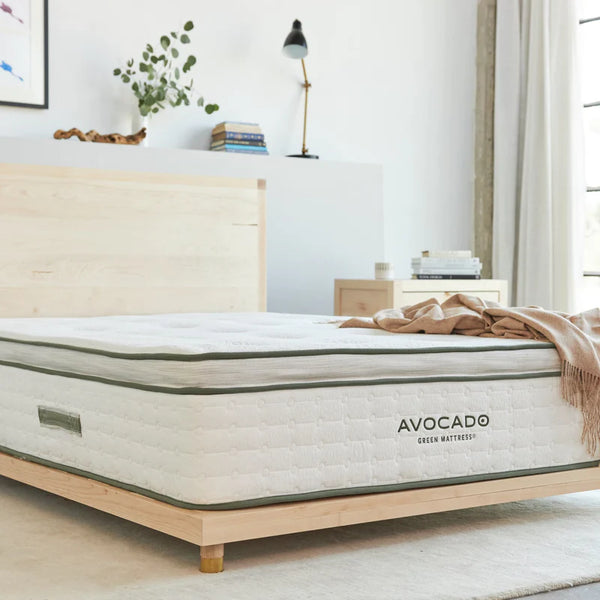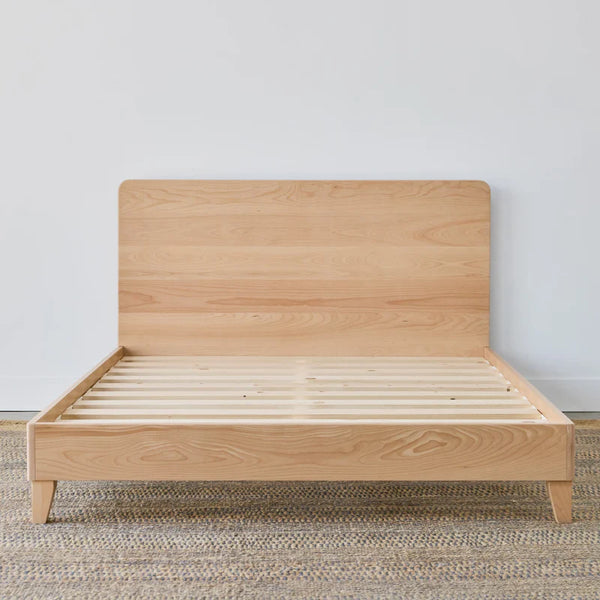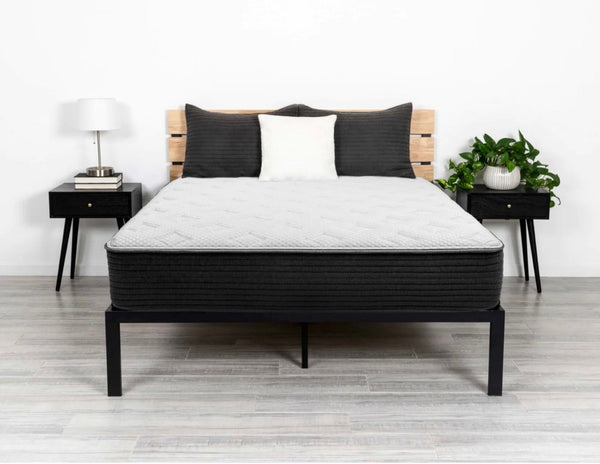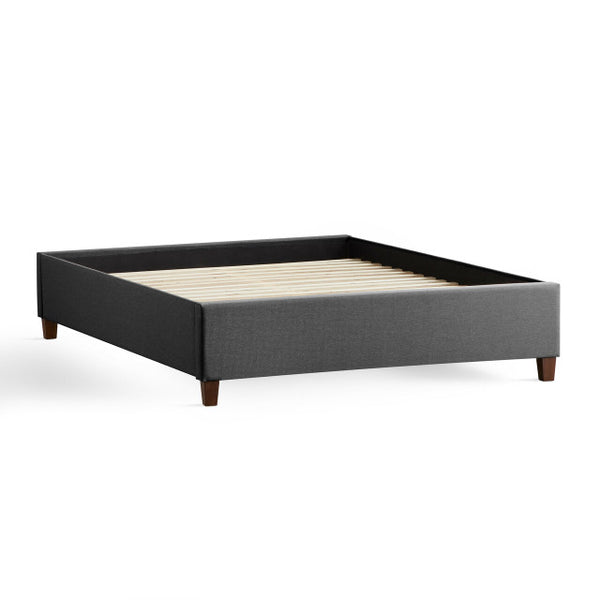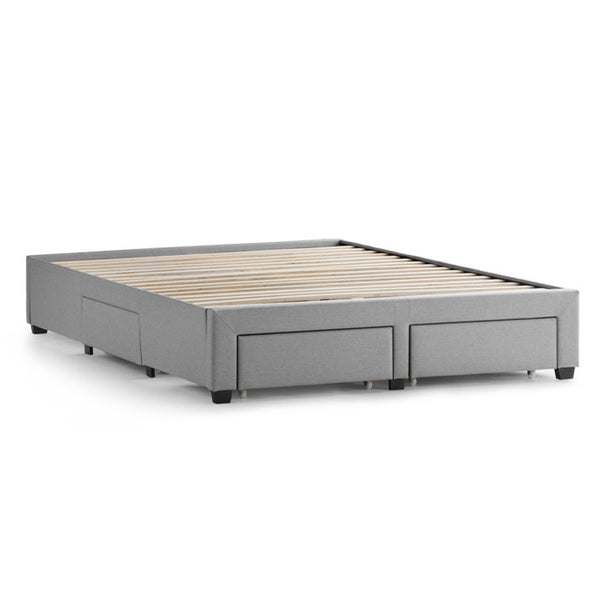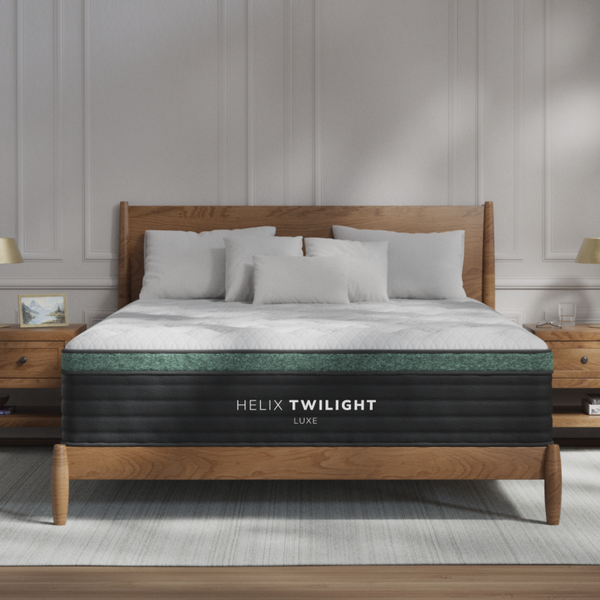
Frequently Asked Questions
1. What is the difference between firm and soft mattresses?
2. Are soft mattresses bad for your back?
3. Do only back sleepers benefit from firm mattresses?
4. Can I find quality soft mattresses at lower price points?
5. How can I determine the right mattress for me?
When it comes to choosing a mattress, one of the most common debates is between firm and soft options. Each type of mattress has its staunch advocates and detractors, leading to widespread misconceptions. Understanding the truths behind these myths can help you make an informed decision that aligns with your sleeping style, comfort preferences, and health needs.
Understanding Mattress Firmness
Before diving into the myths, it's essential to understand what we mean by "firm" and "soft" mattresses. Mattress firmness is often categorized on a scale from 1 to 10, with 1 being extremely soft and 10 being extremely firm. Most people fall between the 4-7 range, which signifies a medium to medium-firm feel. Here’s a brief overview:
- Soft mattresses (1-3): Provide a plush surface that can be comfortable for side sleepers or those who prefer a sinking feeling.
- Medium mattresses (4-6): Offer a balance of support and comfort, catering to various sleep styles.
- Firm mattresses (7-10): Deliver maximum support, ideal for back sleepers or those who need extra firmness for spinal alignment.
The Myths About Firm vs. Soft Mattresses
1. Soft Mattresses Are Bad for Your Back
One popular myth is that sleeping on a soft mattress can lead to back pain. While it’s true that a mattress needs to provide proper spinal alignment, softness does not equate to lack of support. Many soft mattresses incorporate advanced technologies that enhance their supportiveness. Your individual body weight and sleeping position play a significant role in how a mattress feels and its level of support.
2. Firm Mattresses Are Always Better for Support
Another common misconception is that firm mattresses are inherently more supportive. While a firmer mattress can prevent sinkage for heavier sleepers, it may not offer adequate comfort for lighter individuals or side sleepers, potentially causing pressure points. A balanced approach by choosing a medium-firm mattress can cater to a broader range of sleep styles.
3. Only Back Sleepers Should Choose Firm Mattresses
It's often said that only back sleepers benefit from a firm mattress. However, side sleepers also require support along their spine, which a medium-firm mattress can provide while allowing for the necessary contouring at the shoulders and hips. Every sleeper is unique, and it's crucial to consider individual needs rather than blanket advice.
4. You Can’t Enjoy Softness with Support
Many people believe that softness and support are mutually exclusive. This myth doesn’t hold true thanks to modern mattress technology. Many soft mattresses are designed with support layers that prevent excessive sagging and provide stability. Gel-infused foams, pocketed coils, and hybrid designs allow you to enjoy the plush feel of a soft mattress without compromising on support.
5. Only Luxury Brands Offer High-Quality Soft Mattresses
While it’s true that some top-tier brands deliver excellent products, there are quality soft mattresses available across a range of price points. It’s essential to read reviews, test mattresses when possible, and understand the materials used to ensure you’re selecting a product that suits your needs without breaking the bank.
How to Determine the Right Mattress for You
Now that we've debunked some myths, how do you find the right mattress firmness for your unique needs? Consider the following factors:
Your Sleeping Position
- Back Sleepers: Generally do well with medium to firm mattresses that provide support for the lower back while allowing some comfort.
- Side Sleepers: Often benefit from softer or medium options that cushion the shoulders and hips without sacrificing spinal alignment.
- Stomach Sleepers: Typically require firmer mattresses to prevent the hips from sinking, ensuring proper alignment.
Your Body Weight
Your weight can significantly affect how a mattress feels and performs. Heavier individuals may find that softer mattresses offer insufficient support, while lighter individuals may sink too deeply into a firm mattress. Selecting a mattress tailored to your body weight can enhance comfort and support.
Personal Preferences
Ultimately, it's your sleep experience that matters most. Some individuals prefer the enveloping feel of a soft mattress, while others may favor the sturdiness of a firm one. Don’t hesitate to test out mattresses in-store or utilize sleep trials offered by online retailers to find what feels right for you.
Testing Your Mattress Choice
Once you've narrowed down your options, testing your mattress choice is vital. Here are some tips to effectively try out potential mattresses:
- Spend time on the mattress: Lying down for at least 10-15 minutes in your typical sleep position can give you a better feel for the mattress.
- Test it in various positions: Don't forget to switch positions while testing; this will help you determine if the mattress provides adequate support for all your sleeping styles.
- Pay attention to pressure points: Notice if you feel any discomfort at your shoulders, hips, or back while lying down.
Final Thoughts: Sleeping Soundly Awaits
Choosing between a firm and soft mattress can feel overwhelming, especially with the many myths that surround the topic. The key takeaway is that there's no one-size-fits-all answer; you must factor in your sleeping position, body weight, and personal preferences. By dispelling these common myths, you're now better equipped to select a mattress that will provide you with the restful sleep you deserve. Remember, a good night's sleep is crucial for overall well-being, so take your time and choose wisely!

